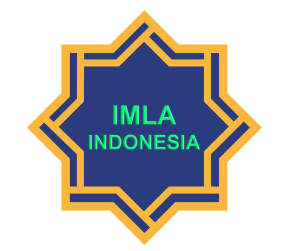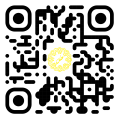Dayakese Students’ Beliefs About Arabic Language Learning and Their Relation with the Language Learning Strategies
DOI:
https://doi.org/10.28918/alsinatuna.v4i1.1589Keywords:
Beliefs, Arabic language, Dayakese student, Learning strategiesAbstract
Language learners often bring their personal philosophy into foreign language learning. Beliefs about language learning might support to selecting the ways of learning in foreign language. This study aims at finding out the correlation between Dayakese students’ beliefs about language learning and their learning strategies in Arabic as a foreign language at Central Borneo, Indonesia. Sixty-one students were asked to participate in this study. The instruments used were Beliefs about Language Learning (BALLI) proposed by Horwitz (1988) and Strategy Inventory for Language Learning (SILL) proposed by Oxford (1990). In analyzing data, arithmetic mean, standard deviation and correlation coefficient of Pearson product moment were used. The findings can be explained as follows. 1) The aptitude, learning difficulty, and communication and learning strategies dimensions were at medium level, while nature of language learning and motivation & expectation dimensions were at high level. Generally, Dayakese students’ beliefs about Arabic language learning were at medium level; 2) The popular strategies used by Dayakese students were metacognitive and affective strategies; 3) The significant correlations were found between Dayakese students’ beliefs about language learning and their Learning Strategies in Arabic as a foreign language with coefficient correlation 0.431.
Downloads
Published
How to Cite
Issue
Section
License
Copyright (c) 2018 Alsinatuna

This work is licensed under a Creative Commons Attribution 4.0 International License.


















